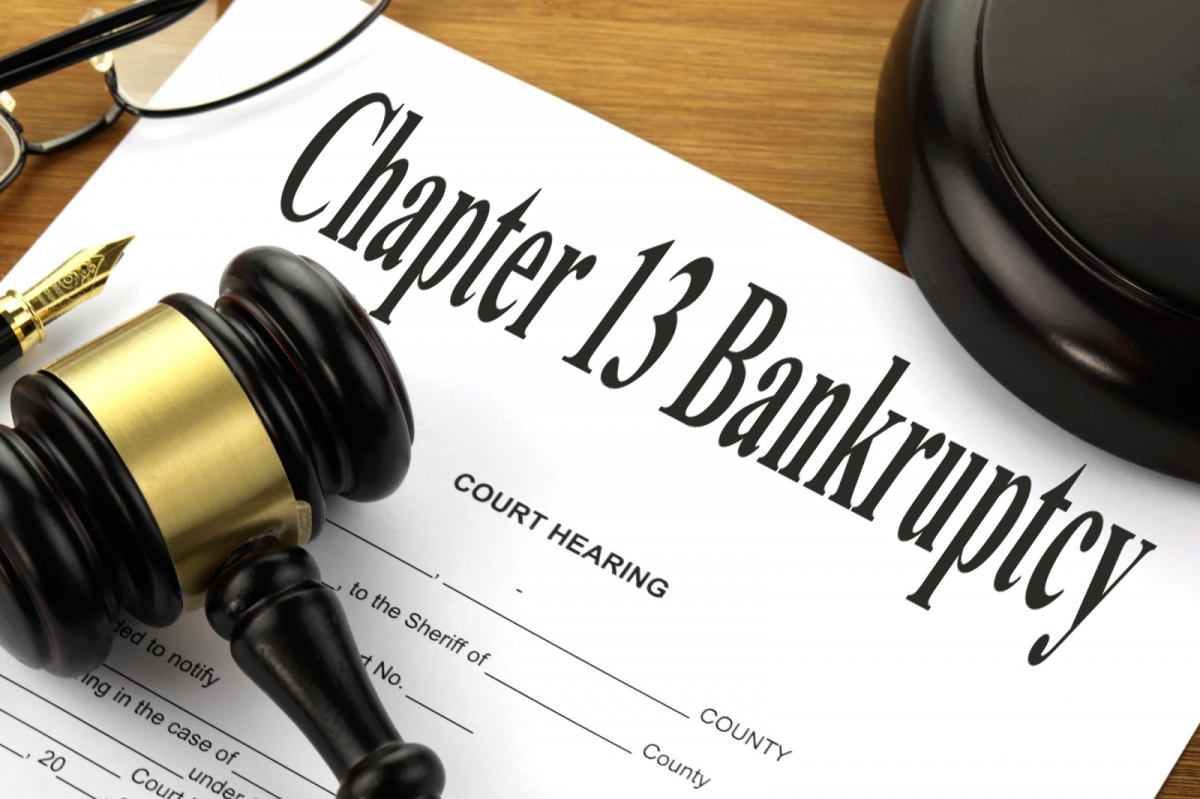Timely and consistent loan repayments are crucial for maintaining a strong credit score. By reorganizing your debts into an effortless repayment plan, you will be able to regain control of your finances. This approach allows you to make regular, affordable payments without feeling overwhelmed.
Many individuals encounter financial difficulties throughout their lives, and for some, Chapter 13 bankruptcy offers the relief needed to regain stability. But how exactly does it help you stay on track with debt repayment? In this blog, we will explore the process and benefits of Chapter 13 bankruptcy, highlighting how it provides a fresh start and helps you regain control of your finances. Keep reading to learn more.
What is Chapter 13 Bankruptcy?
Chapter 13 bankruptcy, also known as “wage earner’s plan,” is a legal process designed for individuals who are struggling to pay off their debts. It allows them to create a manageable repayment plan to pay secured and priority creditors over time with a plan spanning three to five years.
Unlike Chapter 7 bankruptcy, which may result in the liquidation of assets, Chapter 13 bankruptcy enables you to keep your assets while creating a repayment plan for your debts.
It involves a repayment plan lasting three to five years, where you make monthly payments to a trustee who allocates the funds to creditors. The goal is to help individuals reorganize their debts, ensuring manageable payments while protecting essential assets like their home and car, allowing them to stay on track with repayment.
Creating a Manageable Repayment Plan
One crucial benefit of bankruptcy Chapter 13 is a repayment plan. This plan is tailored to your specific financial situation, considering your income, living expenses, and the total amount of secured and priority debt you owe. The bankruptcy court and trustee will review your income and expenses to determine an affordable monthly payment.
This means that instead of juggling multiple high-interest payments to different creditors, you’ll make a single, consolidated monthly payment to the bankruptcy trustee. By consolidating your debts into a monthly fee, Chapter 13 helps streamline the repayment process, ensuring that you avoid missing payments.
Protection from Creditors
During Chapter 13 bankruptcy, an automatic stay provides legal protection from aggressive creditor actions like wage garnishment, foreclosure, or repossession as well as harassing phone calls. This stay ensures that creditors cannot pursue collection efforts, giving you peace of mind while you follow your court-approved repayment plan.
This protection from creditors is invaluable for individuals who have fallen behind on bills and are facing the possibility of losing their home, car, or other vital assets. It gives you the breathing room you need to focus on paying off your debts and staying on track with your repayment plan.
Interest Rates will be Reduced & Some Loans can be restructured
Chapter 13 bankruptcy also helps lower the interest and fees on certain debts. For instance, if you have high-interest auto loans, filing for Chapter 13 reduces the interest rates, making it easier to pay them off. Certain secured loans can be restructured so that you pay only the value of the collateral. In some cases, under-secured second mortgages can be eliminated completely.
This not only makes your monthly payments more affordable but also ensures that your payments go toward reducing the actual debt rather than just covering interest.
In most cases, unsecured debts, such as medical bills or credit card debt, may even be greatly reduced and eventually discharged as part of the repayment plan, depending on your financial situation. This significantly lowers the overall amount of debt you need to repay, helping you get back on track faster.
Protecting Your Assets
Chapter 13 bankruptcy offers a significant advantage: it allows individuals to keep their assets, including their home, car, and personal property. Unlike Chapter 7, which may force the liquidation of assets to settle debts, Chapter 13 enables people to retain their property if they adhere to a court-approved repayment plan. This is particularly valuable for those facing foreclosure or repossession, offering them a chance to keep their belongings while working through financial recovery.
By staying on track with your debt repayment through Chapter 13, you will be able to prevent the loss of essential assets that are important to your daily life. This peace of mind helps you focus on improving your financial situation without worrying about losing what you’ve worked hard to achieve.
Flexibility and Adjustments
Life is unpredictable, and your circumstances may change during the Chapter 13 repayment period. Thankfully, this option offers flexibility to adjust your repayment plan if your financial situation changes. Whether you lose your job, experience a reduction in income, or face unexpected medical expenses, you will be able to modify your repayment plan to make it more manageable. This flexibility helps you repay your debt, even if life throws you a curveball. It also provides an opportunity to adjust your plan to reflect your current financial reality rather than sticking to a rigid, unrealistic payment schedule.
Rebuilding Your Credit
While filing for bankruptcy may initially impact your credit score, Chapter 13 bankruptcy offers a path to rebuilding your credit over time. As you follow through with your repayment plan and gradually pay off your debts, you demonstrate responsible financial behavior, which helps you improve your credit score. Additionally, once you complete your Chapter 13 repayment plan, your bankruptcy will be discharged, giving you a clean slate to rejuvenate your financial future.
The Bottom Line
Filing for Chapter 13 bankruptcy is a valuable tool for staying on track with debt repayment. It offers several key benefits, including manageable repayment plans, protection from creditors, the ability to keep your assets, and a chance to rebuild your credit. By consolidating your debts into affordable monthly payments, the benefits of filing Chapter 13 help you regain control of your finances and work toward a debt-free future.
